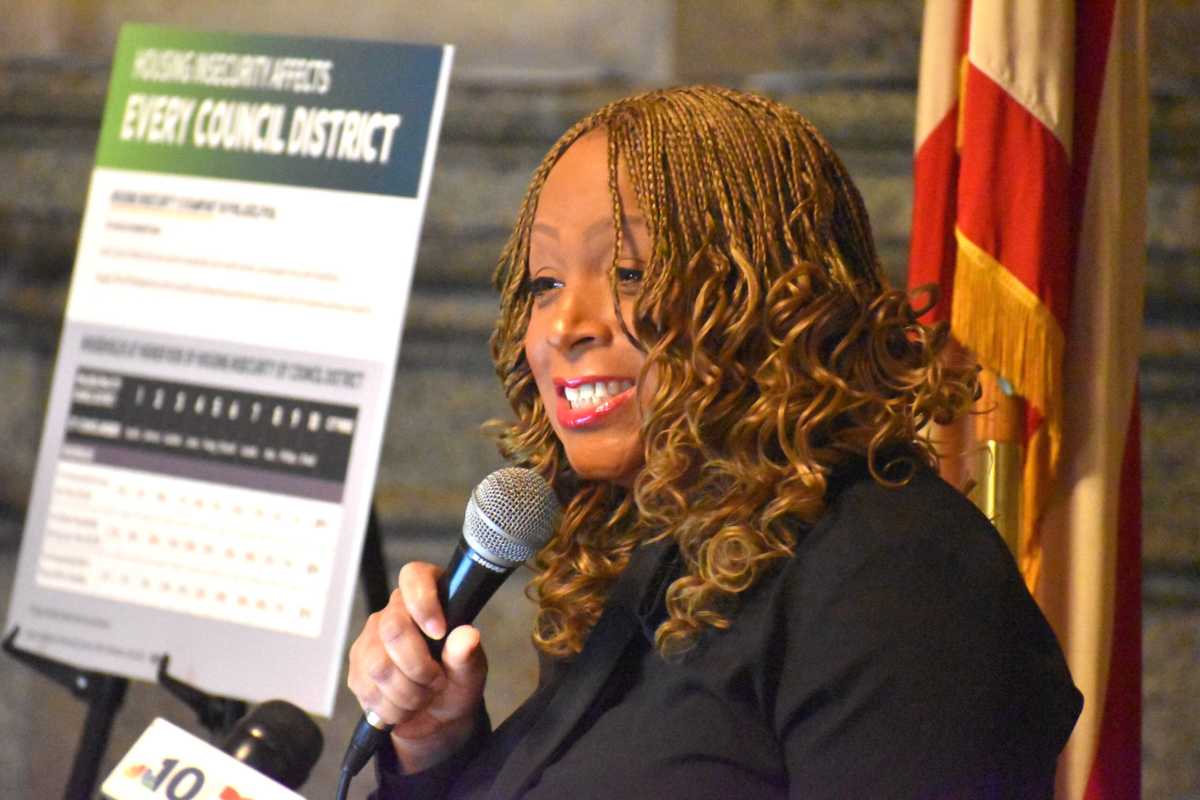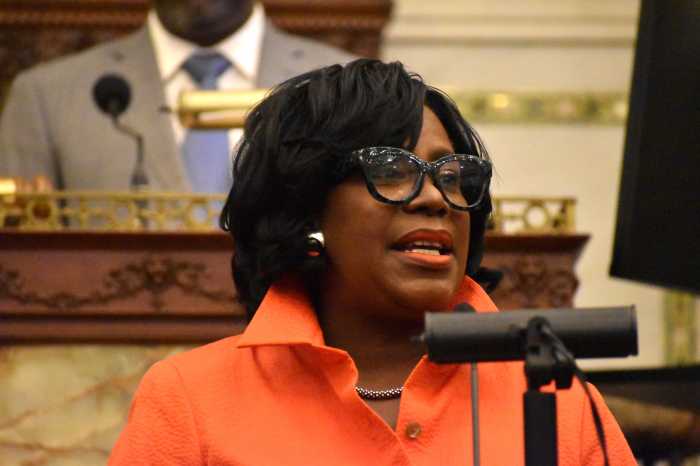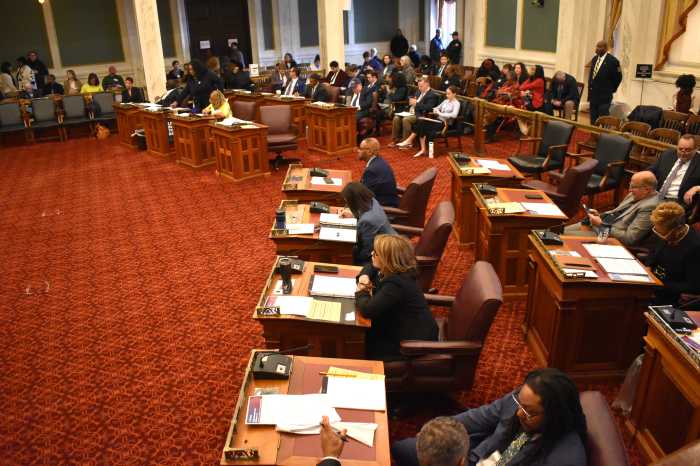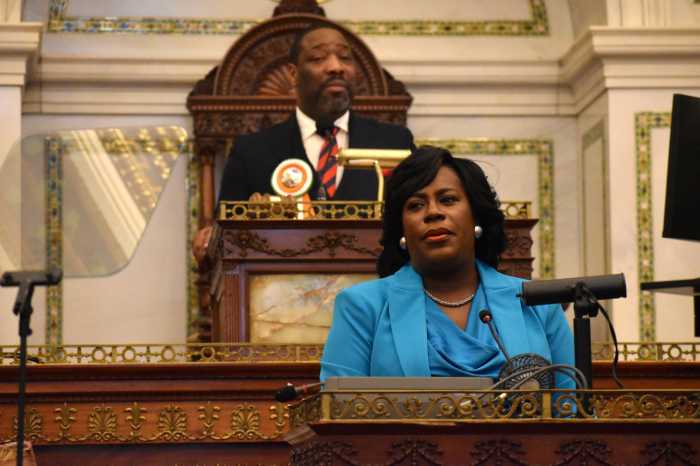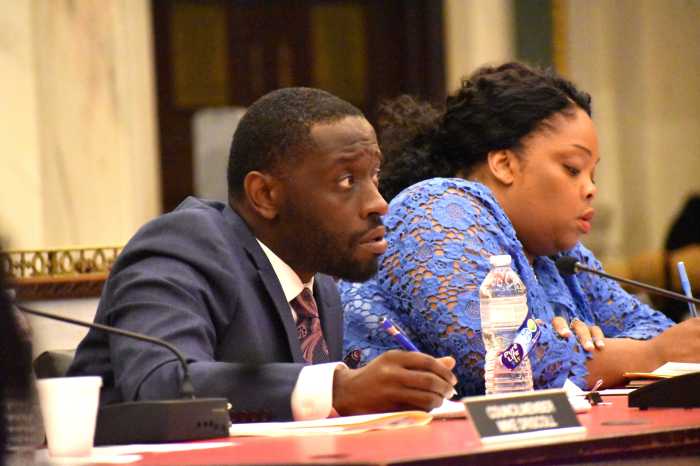Lawmakers voted Thursday to make Philadelphia’s pandemic-era Eviction Diversion Program permanent, and a group of progressive City Council members are fighting to make sure the more money is devoted to a related rental assistance initiative.
Landlords are required to participate in the program before entering an eviction filing in court. Housing counselors and volunteer mediators attempt to resolve disputes outside of the legal process.
Since the beginning of last year, there has also been a Targeted Financial Assistance option, with payments directly to landlords to cover overdue or future rent for qualifying tenants. Property owners who accept the money must agree not to pursue eviction for at least two months following the last month for which rent is covered.
“The program has proven to be highly effective,” said Sue Wasserkrug, director of mediation at CORA Services, which partners with the city to administer the program.
Over the past year, the number of eviction filings is down 41% in Philadelphia compared to an average year before the pandemic, according to Princeton University’s Eviction Lab.
Landlords and tenants who participated in EDP mediation reached a compromise 70% of the time, and 40% of resolutions were due solely to TFA, city officials said during a May 22 hearing.
“When coupled with rental assistance, the Eviction Diversion Program is one of our city’s most effective anti-displacement programs ever,” Councilmember Jamie Gauthier said during Thursday’s session.
Gauthier and several colleagues, including Kendra Brooks, Nicolas O’Rourke and Rue Landau, are advocating for $50 million in TFA funding to be included in the next municipal budget.
Mayor Jim Kenney’s administration, when introducing the payments, dedicated $60 million over two years for the rental assistance initiative. Officials from the city’s Department of Planning and Development have said money is available to continue operating EDP, with TFA at current levels, for the next fiscal year, which begins July 1.
In the future, funding will need to be hashed out during the budget process, Mark Dodds, interim deputy director of the city’s Division of Housing and Community Development, testified at the May 22 hearing. He said Mayor Cherelle Parker’s administration is in favor of making EDP permanent.
Parker’s team and legislative leaders are in the midst of budget negotiations. They must reach an agreement before the end of June, so the total amount of rental assistance available should become clear in the coming weeks.
EDP, which has received praise in Washington, D.C., and Harrisburg, was set to expire June 30 after having been extended multiple times previously. The bill approved Thursday – in a 16-1 vote – removes any sunset clause.
“Its success is proof that we can learn from the pandemic, instead of trying to keep it in the rearview mirror,” O’Rourke said. “The emergency measures, as we call them, that led to an influx of social support during the pandemic, well, they don’t all need to be emergency measures.”



